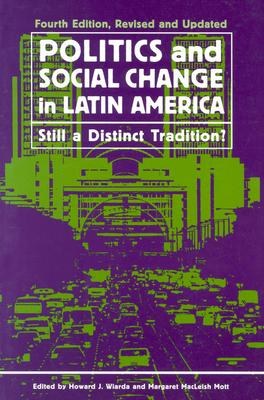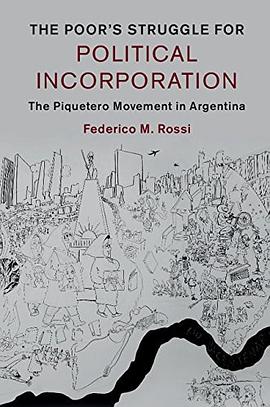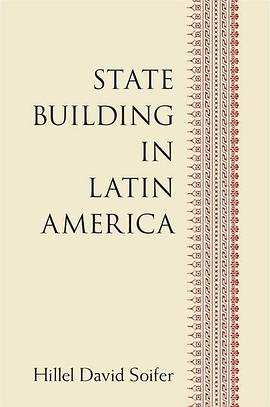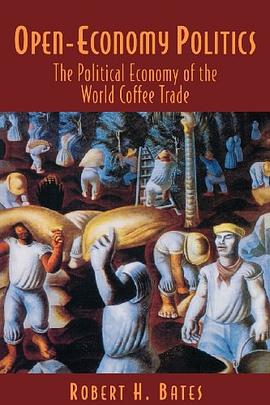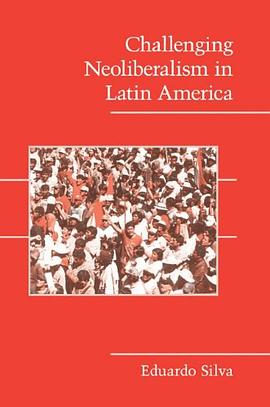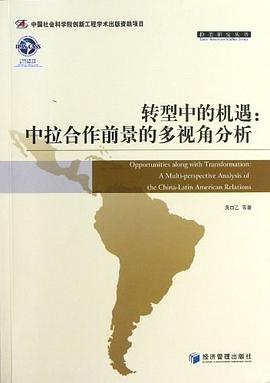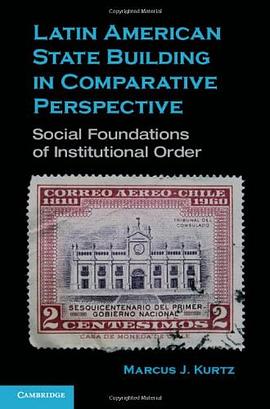

具体描述
Chile is widely known as the first experiment in neoliberalism in Latin America, carried out and made possible through state violence. Since the beginning of the transition in 1990, the state has pursued a national project of reconciliation construed as debts owed to the population. The state owed a "social debt" to the poor accrued through inequalities generated by economic liberalization, while society owed a "moral debt" to the victims of human rights violations. "Life in Debt" invites us into lives and world of a poor urban neighborhood in Santiago. Tracing relations and lives between 1999 and 2010, Clara Han explores how the moral and political subjects imagined and asserted by poverty and mental health policies and reparations for human rights violations are refracted through relational modes and their boundaries. Attending to intimate scenes and neighborhood life, Han reveals the force of relations in the making of selves in a world in which unstable work patterns, illness, and pervasive economic indebtedness are aspects of everyday life. Lucidly written, "Life in Debt" provides a unique meditation on both the past inhabiting actual life conditions but also on the difficulties of obligation and achievements of responsiveness.
作者简介
Clara Han is Assistant Professor of Anthropology at Johns Hopkins University.
目录信息
Introduction
1. Symptoms of Another Life
2. Social Debt, Silent Gift
3. Torture, Love, and the Everyday
4. Neoliberal Depression
5. Community Experiments
6. Life and Death, Care and Neglect
Conclusion: Relations and Time
Notes
References
Index
· · · · · · (收起)
读后感
评分
评分
评分
评分
用户评价
日常关系和生命历程取向的民族志,章节间以种种“场域”切分,轻理论而重文学叙事。主人公们是智利独特的历史背景下,圣地亚哥一处ghetto中生活的迷惘而抑郁的底层贫困者。政治理想在现实中的流失或猝死,身心的痛楚,家庭关系与亲密关系中的忍让和爆发,国家、经济社会政策、历史、旁人、自我之间达不成的承诺,还不清的债。强人政治和新自由主义奇异杂交下的经济奇迹,只是底层视角中的虚假泡沫。
评分才看第一章,就有一种被人看穿心思的感受。这种洞察力和表达能力,简直是……666
评分写完不知所谓的书评终于可以标记
评分写完不知所谓的书评终于可以标记
评分才看第一章,就有一种被人看穿心思的感受。这种洞察力和表达能力,简直是……666
相关图书
本站所有内容均为互联网搜索引擎提供的公开搜索信息,本站不存储任何数据与内容,任何内容与数据均与本站无关,如有需要请联系相关搜索引擎包括但不限于百度,google,bing,sogou 等
© 2025 book.quotespace.org All Rights Reserved. 小美书屋 版权所有

